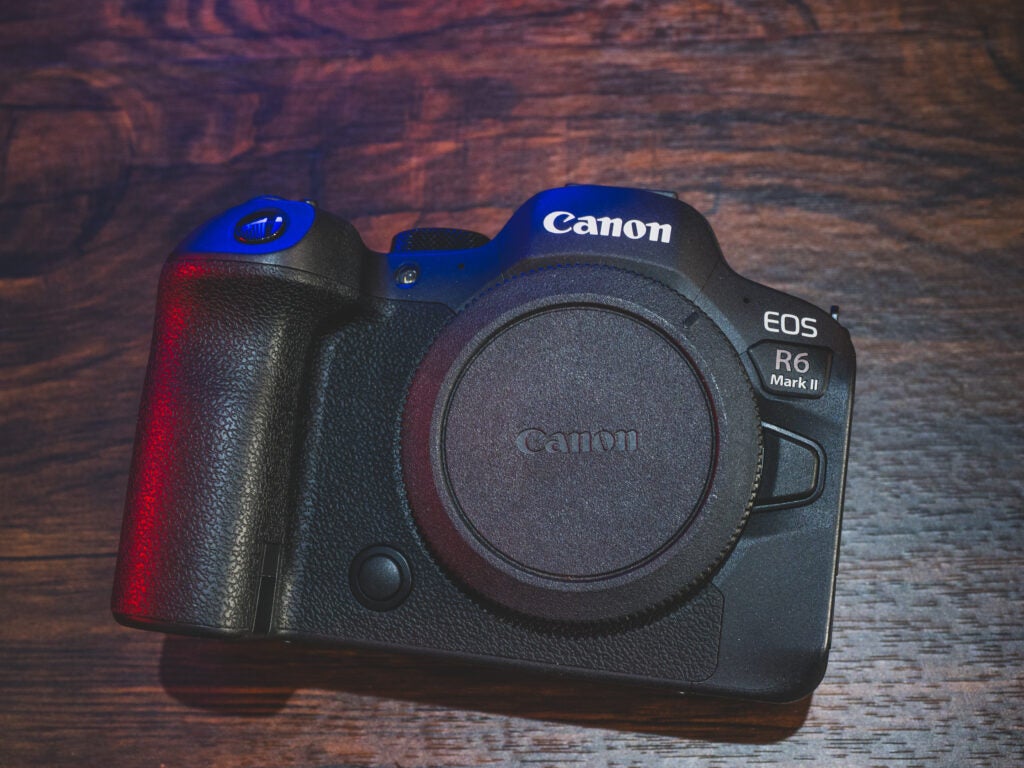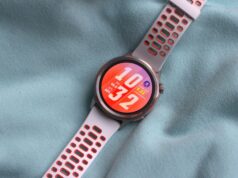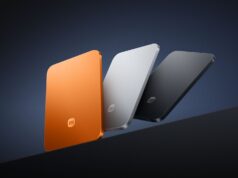Canon recently announced its successor to the EOS R5, the EOS R5 Mark II.
The release comes less than two years after the company revealed the EOS R6 Mark II. However, a lot can change in two years and the EOS R5 Mark II takes several cues from the brand new flagship EOS R1.
Keep reading to learn more about how the Canon EOS R5 Mark II and EOS R6 Mark II compare.
The Canon EOS R5 Mark II has a 45-megapixel sensor
When it comes to sensors, both cameras benefit from full-frame CMOS sensors. However, the Canon EOS R5 Mark II features a more advanced, higher-resolution sensor.
The camera packs a 45-megapixel back-illuminated stacked sensor. Not only can this sensor produce higher resolution images than the 24-megapixel one found in the EOS R6 Mark II, but the back-illuminated stacked technology offers improved image quality and reduced noise compared to a standard sensor.

The Canon EOS R5 Mark II supports Canon’s Action Priority mode
The EOS R5 Mark II also supports several new autofocus features, including the brand new Action Priority mode.
The Action Priority mode automatically analyses the scene to spot the common poses that are used in different sports before moments of action. This allows the camera to more accurately track the subject and ensures it doesn’t miss any important moments in the game, such as a player shooting the ball.
The camera also supports Eye Control AF, a feature that tracks your eyes and moves the focus to whichever subject you’re looking toward.
The Canon EOS R6 Mark II has a faster burst mode
If you’re looking for the quickest burst mode for shooting fast-moving subjects such as sports or cars, the EOS R6 Mark II is the stronger choice of these two Canon cameras.
The EOS R6 Mark II supports continuous shooting at up to 40fps with its electronic shutter or 12fps with its mechanical shutter. The EOS R5 Mark II, on the other hand, is capable of up to 30fps with its electronic shutter or 12fps with its mechanical one.


The Canon EOS R5 Mark II can shoot 8K video
Both the EOS R5 Mark II and the EOS R6 Mark II are well-equipped for shooting stills and video. However, the EOS R5 Mark II does have a slight edge when it comes to the latter.
The EOS R5 Mark II can capture 8K video at up to 60p, along with 4K at 120p and 2K at 240p. The EOS R6 Mark II, meanwhile, supports 4K video at up to 60p, stretching up to 6K with ProRes RAW when recording externally.
The Canon EOS R6 Mark II has a longer battery life
Finally, the Canon EOS R6 Mark II has a longer battery life, meaning you won’t need to worry about pausing in the middle of a shoot to swap the battery out quite as frequently.
The EOS R6 Mark II has a battery life of up to 450 shots when the EVF is in use or up to 760 shots with the LCD monitor. The EOS R5 Mark II, meanwhile, has a battery life of up to 380 shots with the EVF or up to 630 shots with the LCD monitor. All of the above numbers are with energy-saving mode switched on.










